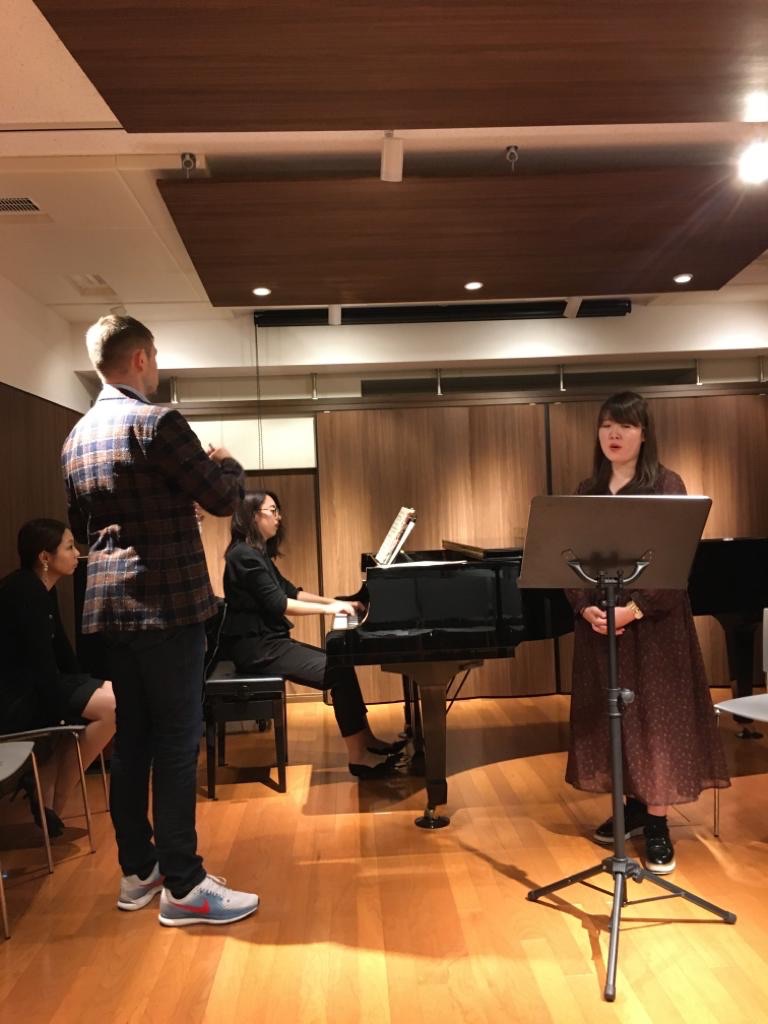Pianist
The term itself can be ambiguous. A pianist who deals with opera should have completely different skills compared to a solo pianist. Of course, nobody would mind if the pianist who plays opera is also a virtuoso but it is not the most important attribute.
I have never been too enthusiasthic about the solo piano repertoire. In the first place because I detested performing alone and secondly I liked the mixture of different sounds and timbres. As a child, I listened mostly to operas and symphonic music because I was attracted by orchestral colours and how they merged together and I started immediately to try to imitate them on the piano.
Score?
A pianist who plays opera has a big problem: there score is not definitive, it is just an arrangement, an interpretation. Very often we must "rewrite" the whole score since it does not sound good or it is uncomfortable to play or it is not useful for the singer. As much as we want to, the piano cannot sound like a real orchestra, there are a lot of instruments and players in the orchestra but we have only ten fingers. It needs time and experience to figure out which is the best possible version. I always follow the idea of "Play what you hear" instead of "Play what you see".
Sight-reading
Excellent sight-reading skills are very important, because operas can be very long! If you are good sight-reader, it helps you to absorb a huge amount of musical material rather quickly. Of course, sight-reading can also be useful when you have to accompany an audition or a singing masterclass on a short notice but it is more of an emergency situation.
Singing the parts
One of my teachers said: "If you are not able to sing along the singing parts, it means that you don't know the piece". That is true. A good collaborator should be able to sing all the parts, and if necessary, remind the singer of them. This is a very practical skill in the staging rehearsals.
Adaptability
In Italian there is a term maestro collaboratore - a pianist who collaborates (with the singer, the conductor, the stage director etc). Collaborating with singing teachers, conductors and stage directors is always fascinating for me. It can also be challenging because you have to put aside your own musical ideas and be totally flexible and reactive.
Key qualities of a good opera pianist:
- excellent sight-reading
- have courage to play only the important musical material
- ability to sing all the parts while playing
- capacity to think like a conductor
- flexibility and reaction

COURSES
.
